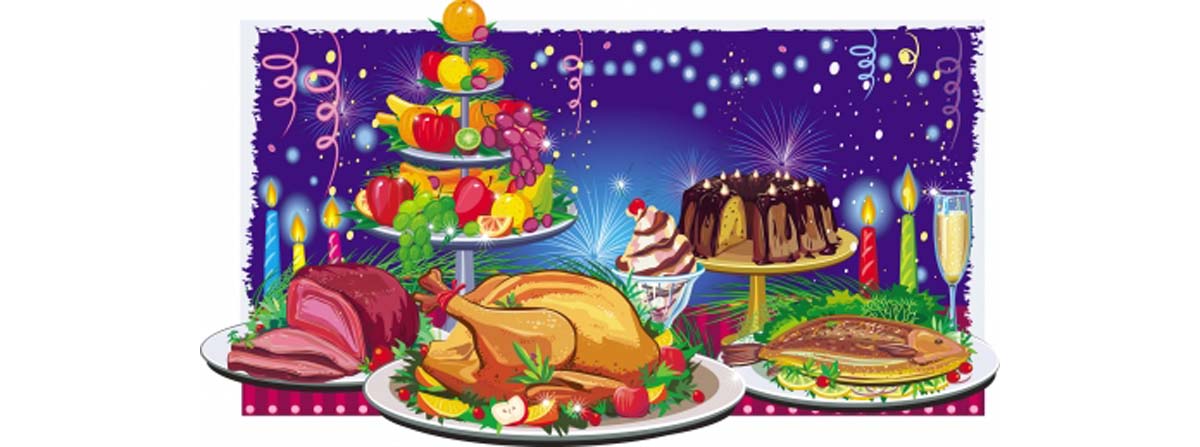Table of Contents
Although tens of thousands of people suffer outdoor accidents at Christmas, an even more common occurrence is heart attack. What has Christmas got to do with heart attacks? To understand the connection it is necessary to understand what really causes a heart attack.
It is a common misconception that heart attack occurs when there is a “clog” in the “pipes.” Cholesterol accumulates in the lining of arteries and a clot stops the flow. When the heart's supply of oxygenated blood is interrupted, tissue dies causing a heart attack. But this isn't usually what happens.

Approximately half of people who have heart attacks do not have cholesterol deposits in their arteries, and nearly half of people who have cholesterol deposits in their arteries do not have heart attacks. The real problem is not clogs in arteries, but a lack of flexibility in the arteries. And nothing interferes with the flexibility of the arteries more than the load of sugar and fat released by the digestion of a huge Thanksgiving or Christmas dinner.
If your arteries can relax to provide more room to flow, you will not suffer a heart attack. If your arteries pucker like a string, then you may have a heart attack. In terms of dietary choices, sugar is actually more of a problem than fat. If you eat a high-fat meal, not that it's a good idea to do so, then the particles of fat entering your bloodstream and slip and slide through the tighter corners of your cardiovascular system. If you also eat a lot of sugar, however, then your arteries will be inflexible for about eight hours. The eight hours after a huge holiday feeding are the time of greatest danger for your heart. But all you have to do to avoid this hazard is to save some room for eating later!
Also, during the holiday season, maintaining an active lifestyle is essential. Schedule your workouts as you would any important appointment, ensuring they're a priority. When outdoor conditions are challenging, opt for indoor exercises like yoga or home aerobics. Enjoy active family outings, such as ice skating or hiking. If traveling, explore destinations on foot through walking tours. Dancing at home or engaging in active gaming can also be fun ways to stay moving. Consider shorter, high-intensity workouts if pressed for time. Participate in holiday-themed runs for a festive exercise experience, and don't forget to include regular stretching or yoga to stay flexible and manage stress.
- Phillips DP, Jarvinen JR, Abramson IS, Phillips RR. Cardiac mortality is higher around Christmas and New Year's than at any other time: the holidays as a risk factor for death. Circulation. 2004 Dec 21, 110(25):3781-8. Epub 2004 Dec 13
- Photo courtesy of Craig Maash on Flickr: www.flickr.com/photos/craigmaas/301982133/

